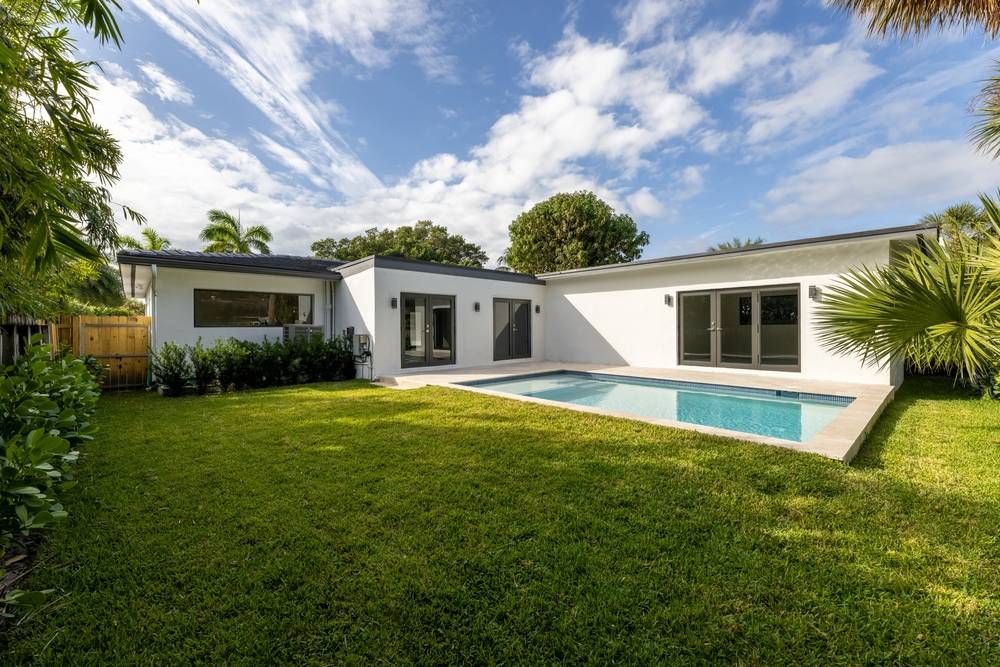Purchasing a vacation home often represents a dream fulfilled, a serene escape from the demands of daily life, and a lucrative investment. However, the journey doesn’t end at the purchase price. Aspiring second homeowners must consider a variety of ongoing expenses that can significantly impact the overall cost and enjoyment of their property. An educated approach to these expenses helps in making a savvy purchase decision and ensuring that the vacation home remains a haven rather than a financial burden.
Property Taxes
One of the significant costs that vacation homeowners need to budget for is property taxes. Depending on the location, property tax rates vary widely and can be surprisingly high in popular vacation destinations. Local governments rely on these taxes to fund essential services such as schools, infrastructure, and public safety. It’s crucial to research the property tax rate and calculate the annual cost. Bear in mind that as the value of your property appreciates, your tax bill will likely increase as well.
Maintenance and Repairs
Homes require regular upkeep to remain in good condition, whether it’s your primary residence or a second home. Maintenance costs for a vacation property can be substantial, especially if the home is situated in a harsh climate or a remote location.
- Routine Maintenance: This includes regular tasks such as lawn care, gutter cleaning, HVAC servicing, and pest control. These costs can add up, especially if your property has extensive landscaping or specialized systems.
- Seasonal Maintenance: Vacation homes in regions with seasonal weather changes may require additional maintenance. For example, properties in snowy areas might need snow removal and winterizing, while beachfront homes may need extra protection against salt and humidity.
- Unexpected Repairs: Homes are prone to wear and tear, and unexpected repairs can quickly become costly. It’s wise to set aside an emergency fund to cover unforeseen costs such as roof repairs, plumbing issues, or appliance replacements.
Utilities and Services
Utility costs are another ongoing expense for vacation homeowners. Unlike a primary residence where usage is consistent, vacation homes might require tailored solutions to manage expenses effectively.
- Electricity and Gas: Some vacation properties can be energy-intensive, particularly if they feature amenities like heated pools or extensive lighting. It’s beneficial to invest in energy-efficient appliances and systems to mitigate these costs.
- Water and Sewer: Water usage might be lower in a vacation home, but properties with gardens, pools, or large indoor spaces can face high water bills.
- Internet and Cable: Maintaining connectivity can be essential, even in a vacation home. Available service providers and rates can vary widely based on the property’s location, so research is essential to avoid overpaying.
Homeowners Association (HOA) Fees
For those purchasing a property within a planned community or condominium, HOA fees can be a recurring expense that significantly impacts the overall cost of ownership. These fees typically cover the maintenance of shared spaces and amenities, such as pools, recreational facilities, landscaping, and security services. However, HOA fees can increase periodically, and special assessments may be levied for unforeseen repairs or major community projects. It’s prudent to review the association’s financial health and governance before purchasing to avoid unexpected financial commitments.
Property Management Fees
If you live far from your vacation home or don’t have the time or inclination to manage it yourself, hiring a property management company can provide peace of mind. These companies handle various tasks, such as routine maintenance, security monitoring, and tenant screening if you decide to rent the property. While this service can be invaluable, it comes at a cost that needs to be included in your budgeting plans.
- Full-Service Management: This comprehensive management approach can include marketing the property, managing guest reservations, and handling day-to-day operations. Fees can range from 20% to 50% of the rental income.
- A la Carte Services: Some companies offer specific services such as cleaning, maintenance, or rental listing, which might be more economical if you can handle some aspects independently.
Insurance Coverage
Insuring a vacation home can be more costly and complex than insuring a primary residence. The risks associated with a seasonal home often differ, requiring specialized coverages.
- Home Insurance: Policies must be tailored to cover risks specific to the property type and location. This may include increased coverage for natural disasters such as hurricanes, floods, or earthquakes.
- Liability Insurance: Especially critical if renting out your property, this protects against legal action resulting from injuries or damages sustained by tenants or guests.
- Loss of Use Coverage: In instances where your property becomes uninhabitable, this coverage can help cover the costs of temporary accommodations or loss of rental income.
Furnishing and Upgrades
A vacation home may require furnishing and enhancements to make it comfortable for you and attractive to potential renters. This could mean creating cozy indoor spaces or updating outdoor areas with features like patios or fire pits. These upfront costs can be substantial, and future upgrades might be necessary to maintain the property’s appeal and functionality.
Travel Costs
While it might be tempting to overlook travel costs, visiting your vacation home can accumulate significant expense over time. Consider the distance from your primary residence and the frequency of visits. Seasonal factors, airfare fluctuations, and vehicle maintenance for long road trips are all aspects worth considering.
Rental Operations
If the plan is to generate rental income from your vacation home, additional costs related to rental operations need to be factored in.
- Marketing Costs: Listing your property on rental platforms often involves subscription fees or commissions. Professional photography and staging might be necessary to attract more renters.
- Cleaning and Turnover Services: Between guest stays, professional cleaning and maintenance are needed to keep the property in top condition.
- Administrative Costs: Managing bookings, communicating with potential renters, and handling payments can entail further expenses.
Consideration of Opportunity Costs
An often-overlooked financial factor is the opportunity cost associated with investing in a vacation home. Money tied up in the property could potentially earn interest or dividends if invested elsewhere. Evaluating this against the personal and financial returns a vacation home offers is a prudent step for prospective buyers.
Owning a vacation home can indeed be an incredible source of joy and a financially rewarding pursuit, but it requires a comprehensive understanding of the ongoing expenses. By thoroughly evaluating these costs, individuals can make well-informed decisions, ensuring their dream home remains a delightful retreat, rather than a source of unexpected financial stress. As with any investment, careful planning, budgeting, and ongoing management are key components in maintaining the property’s value and the owner’s peace of mind.



